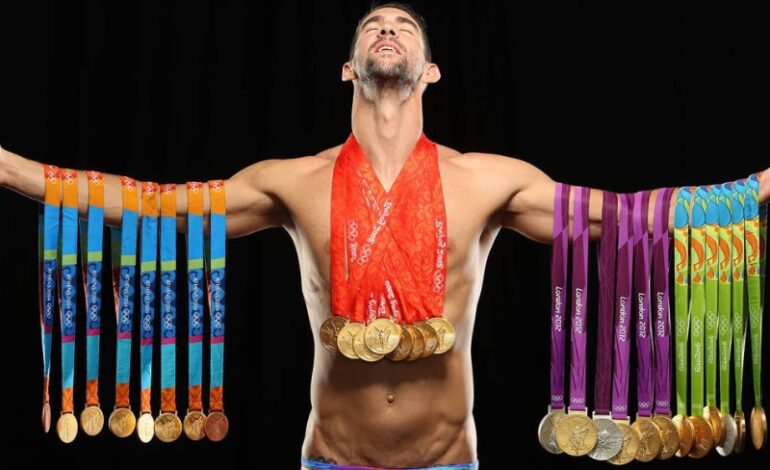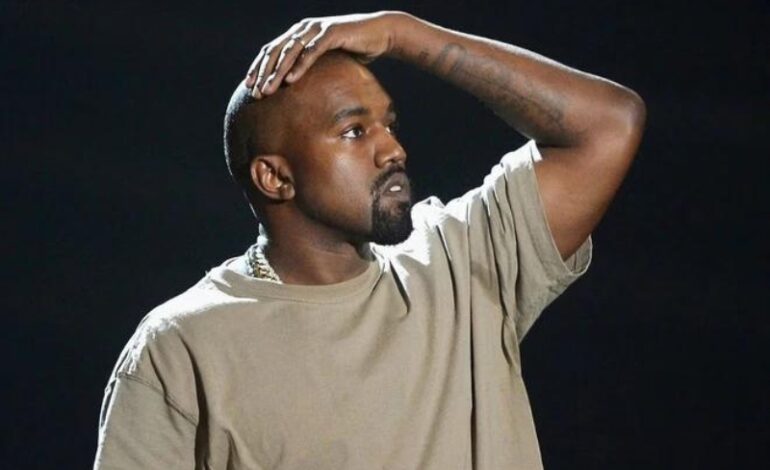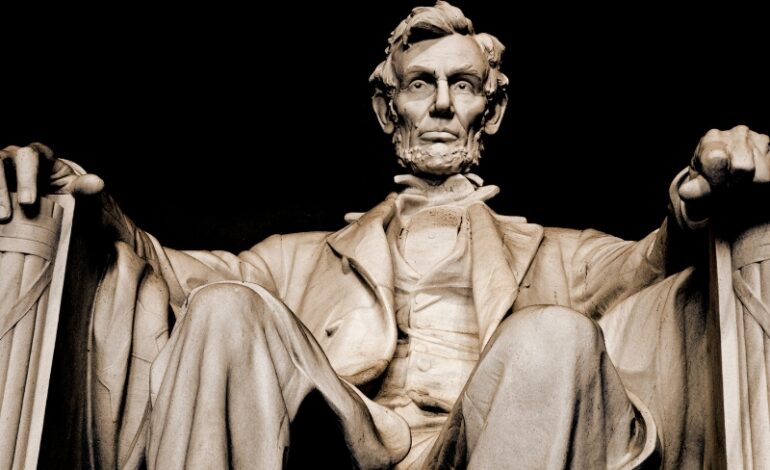Michael Phelps: Charting Uncharted Waters

In the realm of competitive swimming, Michael Phelps is not just a name but an era. His unparalleled achievements have carved a niche that transcends the boundaries of sport. Phelps’s odyssey in the aquatic lanes is a saga of human potential and the relentless pursuit of excellence.
The Genesis of a Titan

Phelps’s tryst with water began as a child, but it was his entry into the North Baltimore Aquatic Club that marked the inception of a legend. Under the guidance of coach Bob Bowman, Phelps’s prodigious talent was honed to perfection. At 15, he shattered the world record in the 200-meter butterfly, becoming the youngest male to achieve such a feat.
Conquering the World Stage
Michael’s dominance in the pool was evident early on. At the 2003 U.S. spring nationals, he achieved the extraordinary by winning titles in three different strokes—a feat unprecedented in men’s swimming. This versatility was further showcased when he broke five individual world records at the world championships in Barcelona.
Beijing’s Golden Odyssey

The 2008 Beijing Olympics was Phelps’s magnum opus. He clinched eight gold medals, surpassing Mark Spitz’s record and setting world records in seven out of the eight events. This monumental achievement not only etched his name in the annals of Olympic history but also redefined the limits of human athletic performance1.
The Swansong: Rio’s Resplendent Return
Michael’s swansong at the Rio 2016 Olympics was a narrative of redemption and reaffirmation. Coming out of retirement, he captured five golds and one silver medal, a testament to his enduring prowess and the indomitable spirit of a champion1.
Beyond the Podium

Michael’s legacy is not confined to the medals and records. His advocacy for mental health, his candid sharing of personal struggles, and his commitment to promoting water safety and healthy lifestyles have made him a role model beyond the sportw.
Epilogue: The Phelps Phenomenon
Michael Phelps’s journey is a chronicle of a man who turned ripples into waves and waves into a tide of triumphs. His 28 Olympic medals, including 23 golds, are not mere accolades but chapters of an odyssey that continues to inspire. Phelps’s story is a testament to the adage that the body achieves what the mind believes.
As Phelps steps into the broadcast booth for the Paris Olympics, his voice will resonate with the wisdom of a champion, guiding and inspiring a new generation of swimmers2.
Intense Rivalry With Other Players

Ryan Lochte: The Friendly Foe .
Their rivalry was friendly yet fierce, with Lochte’s versatility and competitiveness across multiple events making him a formidable opponent. They faced off in epic battles, particularly in the 200-meter individual medley and the 400-meter individual medley, pushing each other to the limits of their abilities.
Milorad Cavic: The Butterfly Duel
Milorad Cavic was another significant rival, especially in the 100-meter butterfly. Their most memorable clash came at the 2008 Beijing Olympics, where Phelps edged out Cavic by just one-hundredth of a second to win gold, a victory that contributed to his record-breaking eight gold medals at those Games.
Chad le Clos: The Challenger
Chad le Clos emerged as a rival when he defeated Phelps in the 200-meter butterfly at the 2012 London Olympics. This loss was a rare moment for Phelps, who had dominated the event for over a decade. Phelps, however, reclaimed his title in the 2016 Rio Olympics, adding another chapter to their rivalry.
Ian Thorpe and Ian Crocker: The Early Adversaries
In the early stages of his career, Phelps was compared to Australian freestyle legend Ian Thorpe. Their rivalry was marked by the ‘Race of the Century’ at the 2004 Athens Olympics, where Thorpe won gold in the 200-meter freestyle. Ian Crocker was another early rival, particularly in the 100-meter butterfly, where he and Phelps traded world records and victories.
These rivalries were not merely competitions; they were spectacles that captivated the swimming world. Each rival pushed Phelps to strive for greater heights, and in doing so, they all contributed to the sport’s evolution. Phelps’s ability to consistently come out on top in these rivalries is a testament to his status as one of the greatest athletes in Olympic history.








![Top 5 Most Powerful Mysterious Creatures Of All Time[Updated 2024]](https://newsdailybeats.com/wp-content/uploads/2024/06/mystery-creatures-1.jpg)
